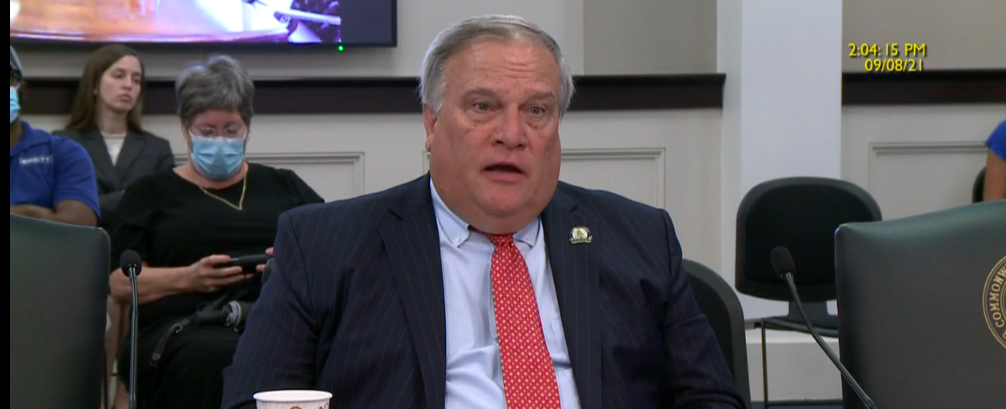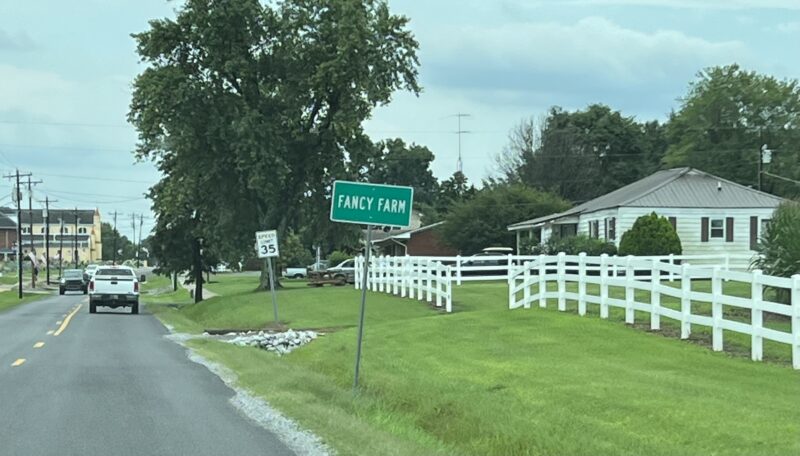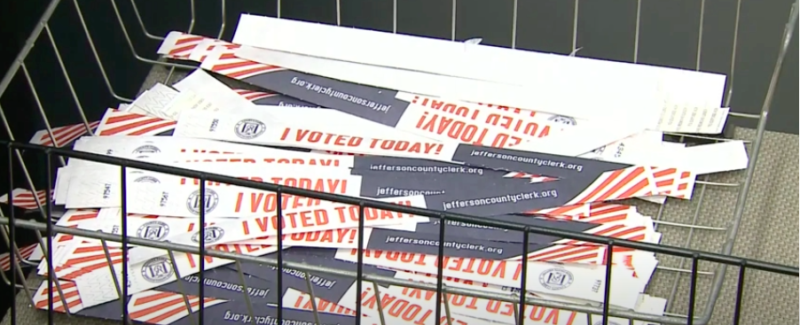The Senate Health and Welfare Committee moved forward a bill with an 8-2 vote on Wednesday aimed at dealing with health ramifications related to the pandemic.
Senate Bill 2, carried by Senate President Robert Stivers, R-Manchester, creates COVID-19 antibody administration centers, and promote a public service campaign aimed at getting Kentuckians vaccinated.
The legislation had many critics in the committee who nearly all said the bill did not go far enought including Republican lawmakers Sen. Ralph Alvarado, a physician and the Senate Health and Welfare committee chairman, and Sen. Stephen Meredith, a former hospital CEO, and Sen. Max Wise, R-Campbellsville.
Alvarado, R-Winchester, said he had hoped the Kentucky Cabinet for Health and Family Services would be brought alongside to oversee the establishment and operation of the COVID-19 antibody administration centers aimed at helping Kentuckians who get COVID treat the illness with monoclonal antibodies.
Sen. Stephen Meredith, R-Leitchfield, said lawmakers should do “something more substantial, other than we’re going to do this and pray for the best.” Meredith voted in favor of the bill, like many others saying it was better than doing nothing at all.
Sen. Danny Carroll, R-Benton, also had concerns with the legislation, but voted to move the bill forward.
“This is not bold enough, or strong enough,” Carroll said explaining his vote in favor of the legislation.
Two Democrats, Sen. Karen Berg, D-Louisville, and Sen. Denise Harper Angel, D-Louisville, were the dissenting votes in the committee.
Berg, a physician, had several concerns with the bill, including the legislation would “tie our hands behind our back,” because the legislation would bar any statewide mask mandate until June of 2023. Stivers, the bill’s sponsor, said the legislature could intervene if they found it necessary.
The legislation also requires visitation in long-term care facilities and residential long-term care facilities to be allowed by family members, legal guardians, outside caregivers, friends, or volunteers who provided regular care and support to the resident prior to the pandemic, and permits paramedics to be employed by a hospital or nursing facility to work as a licensed paramedic in any department of a hospital or nursing facility subject to conditions.
Kentucky, even before the pandemic, was facing a shortage of healthcare professionals – those shortages have grown more bleak that past 18 months because of the pandemic.




 Login
Login  Must include at least 8 charaters
Must include at least 8 charaters



